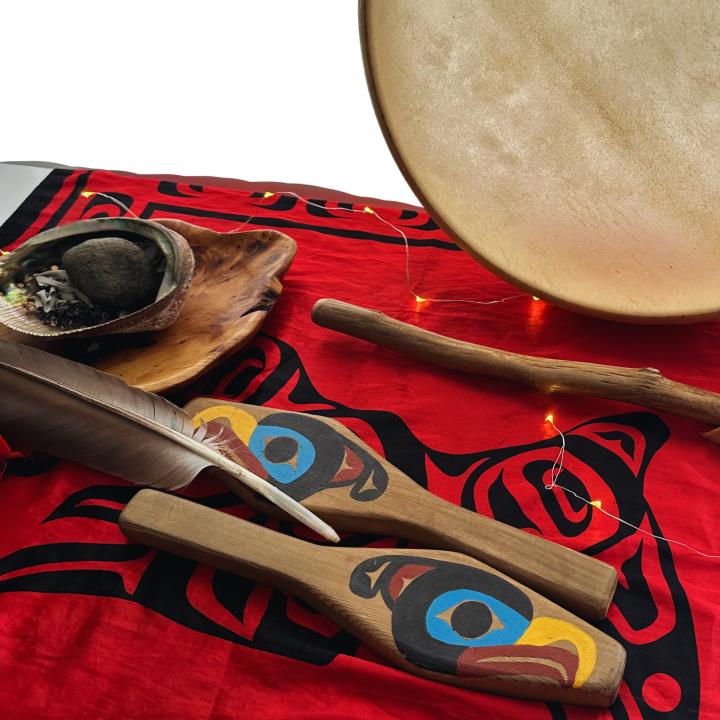
YWCA Archive Project
As an organization with a long history, we have a responsibility to better understand, acknowledge and address our complicity in historic and current colonial practices. To make steps towards this commitment, the YWCA has embarked on a project to archive and research our historic materials and develop a plan for redress.
The Truth and Reconciliation Commission’s Calls to Action 67-70 focused on museums and archives. Aligned with our Strategic Plan, we are committed to understanding, acknowledge and addressing our past.
With a grant from the UBC Community University Engagement Support (CUES) Fund, we partnered with UBC Library and Rare Books and Special Collections (RBSC) to catalogue, preserve and make available to both the public and the research community, YWCA records dating back to our origins in the region.
The Archives Project is being done with respect to the profound responsibilities and ethical considerations inherent in it. We are guided by principles of Indigenous data management and sovereignty, ensuring the safety and wellbeing of all involved.
Our archives are now catalogued and open to the public in the Rare Books and Special Collections at UBC.
Reciprocal Consulting has been helping guide us in this challenging work. We are grateful for the support of an internal Working Group and an external Advisory Council. We are also building relationships with host First Nations, informing them of our work and inviting partnerships.
Next, we will hire an Indigenous researcher to take the work forward. As we progress, we will keep the community informed.
For more information on YWCA archives, contact Amy Juschka at ajuschka@ywcavan.org.

Working towards Truth and Reconciliation
The lasting impact of colonial injustices continues to deeply affect the lives of Indigenous peoples, leading to economic disparities, social and cultural inequities and intergenerational trauma.
YWCA Metro Vancouver is committed to acknowledging historical truths, gaining a deeper understanding of the consequences of colonialism, fostering stronger relationships with Indigenous communities, and actively contributing to the processof reconciliation.